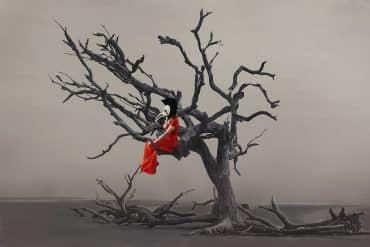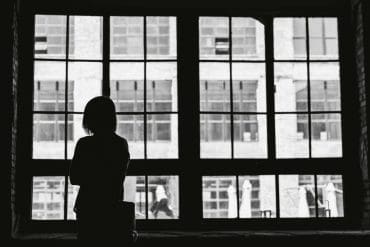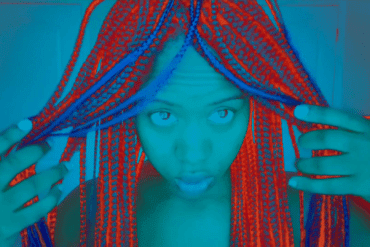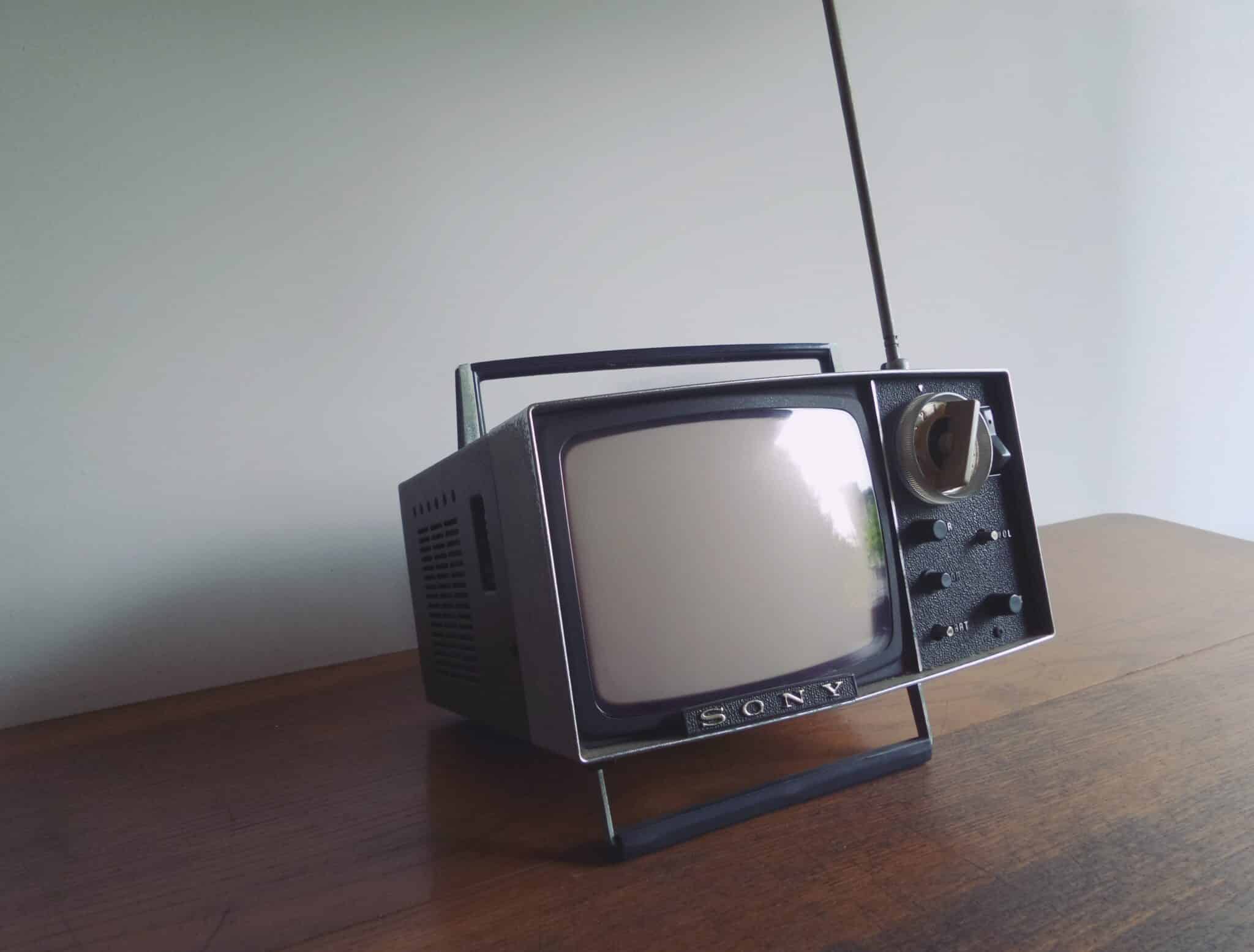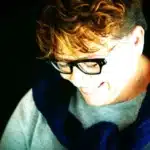Laughter and Estrangement
Author’s Memo
I had not, until recently, tried to come to terms with the cultural adjustments I had to make as a young child immigrating with my parents. Everything was strange. I remember seeing television for the first time. I remember trying so hard to make sense of it and all the other extraordinary things around me. The houses, the food, the clothing, everything and I had spent the first years of my life in an impoverished mountainous part of Italy, where none of this “stuff” existed in the same form, if at all. I remember that first evening and my cousins laughing at whatever was on the screen.
But the sharper memory is of everyone laughing at me for being so terrified at what I just didn’t understand. It may have been a sense of shame that made me at myself. But I also think I laughed with them because I thought that is what you do. It felt like a clue to something I needed to unlock eventually. I look back now. I believe that evening shaped my awareness of the sense of outside/inside that I never lost growing up as part of a minority community.
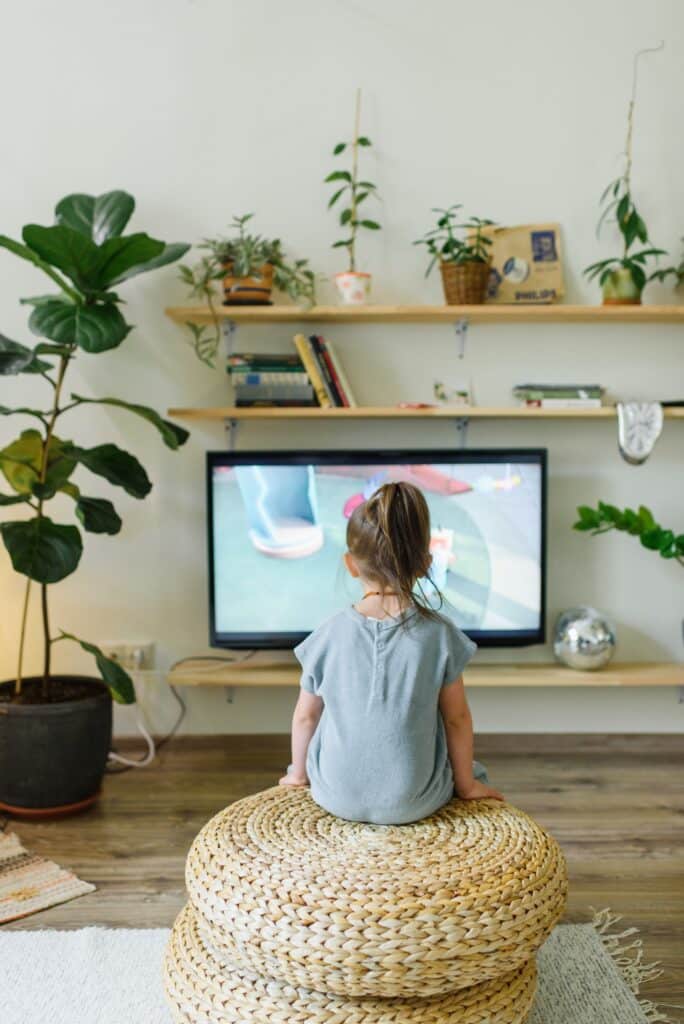
Laughter and Estrangement
At dusk, in the living room of a medium-sized house in the Toronto suburbs, a group of people is watching television. I am the four-year-old girl in this picture. Me sitting cross-legged on the floor, my navy blue skirt covering my legs and bare feet. I don’t know what I have to do.
*
Twenty-four hours before this, my parents and I had landed at Dorval airport in Montreal, been picked up by my uncle, and then driven the three hundred miles to his house in Etobicoke. I must have fallen asleep because I remember waking up in a room I had never seen before. Next to that hard bed with a blue chenille bedspread was a small table offering a plastic doll, a chocolate bar, and a plastic pineapple filled with hard colorful candy in clear cellophane wrappers.
*
Twenty-four hours before this, my family had loaded a cousin’s car with suitcases and had driven from a small village in the Apennine Mountains to the airport in Rome. There are very few pictures from that time. One exists of me in that navy blue skirt. I don’t remember anyone taking pictures. I do remember being on that airplane, being served food I had never seen before, all of it sweet and made sweeter by paper sacks of white sugar. Definitely I wasn’t sure what I was supposed to do with all these strange sweet things set before me on a plastic tray as I sat with hundreds of people I didn’t know, going somewhere I wasn’t sure of.
*
Twenty-four hours before this, my parents and I sat before the fireplace in my grandfather’s house. I sat on the floor, warm, smooth tiles. I have so many early memories of this, so I may be conflating them. But I remember the fire, the warmth, and the voices of my family. The voices were in the language I was born into, spoken by people I knew. All with calloused hands, stern faces, and soft voices.
That evening, as we watched the flickering images on a console TV, I learned to laugh when I was scared. Everything I thought I knew about voices and warmth and hardness and softness shattered and reformed themselves into questions about interior and exterior and about watching and being, even so far removed from that girl in the blue skirt, sitting on the floor watching TV in that living room of a medium-sized house in a Toronto suburb.
*
But sitting on the floor in my uncle’s house in Toronto, no one is talking, there is no warmth except the dry heat from the forced air furnace. The light from the television flickers in a pattern I don’t understand. And the only sounds are voices from the television in a language I don’t know.
My cousins know this other language and sometimes laugh at the screen. I watch them, Anna and Jeremy. I watch them and try to predict when I should laugh because I don’t know what I have to do.
As the dusk breaks into the evening, we sit and watch television. At some point, I remember giving up on trying to make sense of the patterns of light and sound. As we all just sat there staring at the television, I remember feeling terrified, that sort of terror that paralyzes you. I got scared because I became convinced that the man talking to us from wherever he was inside that electronic box could see and watch me. My cousins laughed when I told them why I felt scared. And then my aunt and uncle and my parents laughed too. So I joined them in their laughter because I didn’t know what else I have to to do.
*
Linguistic anthropologists claim that laughter came before speech. Those sounds we make when we laugh… They can be easily imitated and contagious on some level, bring us together at that moment like they did out in those days when our ancestors sat in the dark. Around a fire, surrounded by predators.
*
That evening, as we watched the flickering images on a console TV, I learned to laugh when I was feeling scared. Everything I thought I knew about voices and warmth and hardness and softness shattered. They reformed themselves into questions about interior and exterior and about watching and being, even so far removed from that girl in the blue skirt, sitting on the floor watching TV in that living room of a medium-sized house in a Toronto suburb.
Girl watching tv by Ksenia Chernaya for Pexels;
Featured image of old television by Possessed Photography for Unsplash
Rina Palumbo has a Ph.D. from Johns Hopkins and is working on two nonfiction projects alongside short fiction and creative nonfiction.



